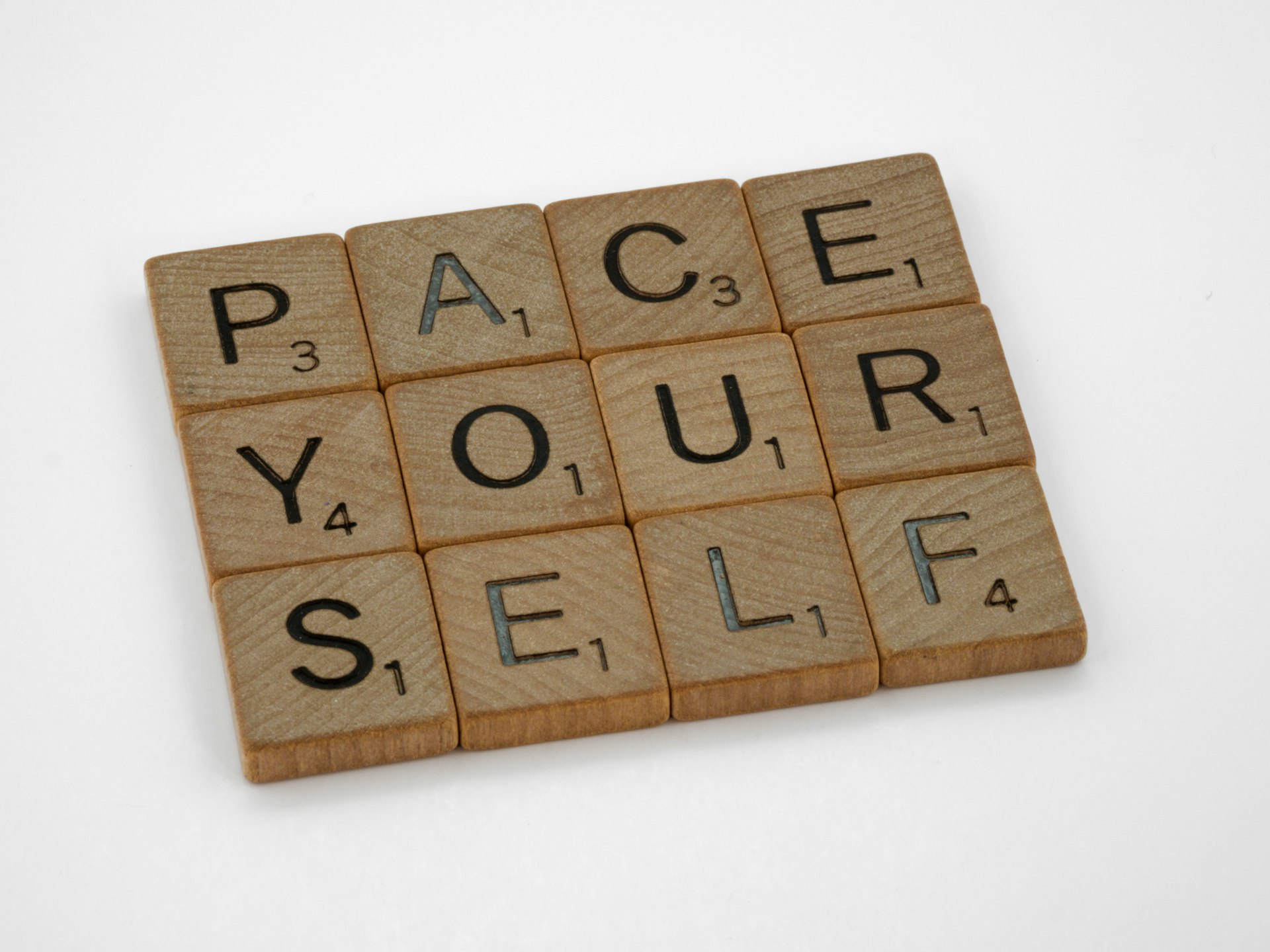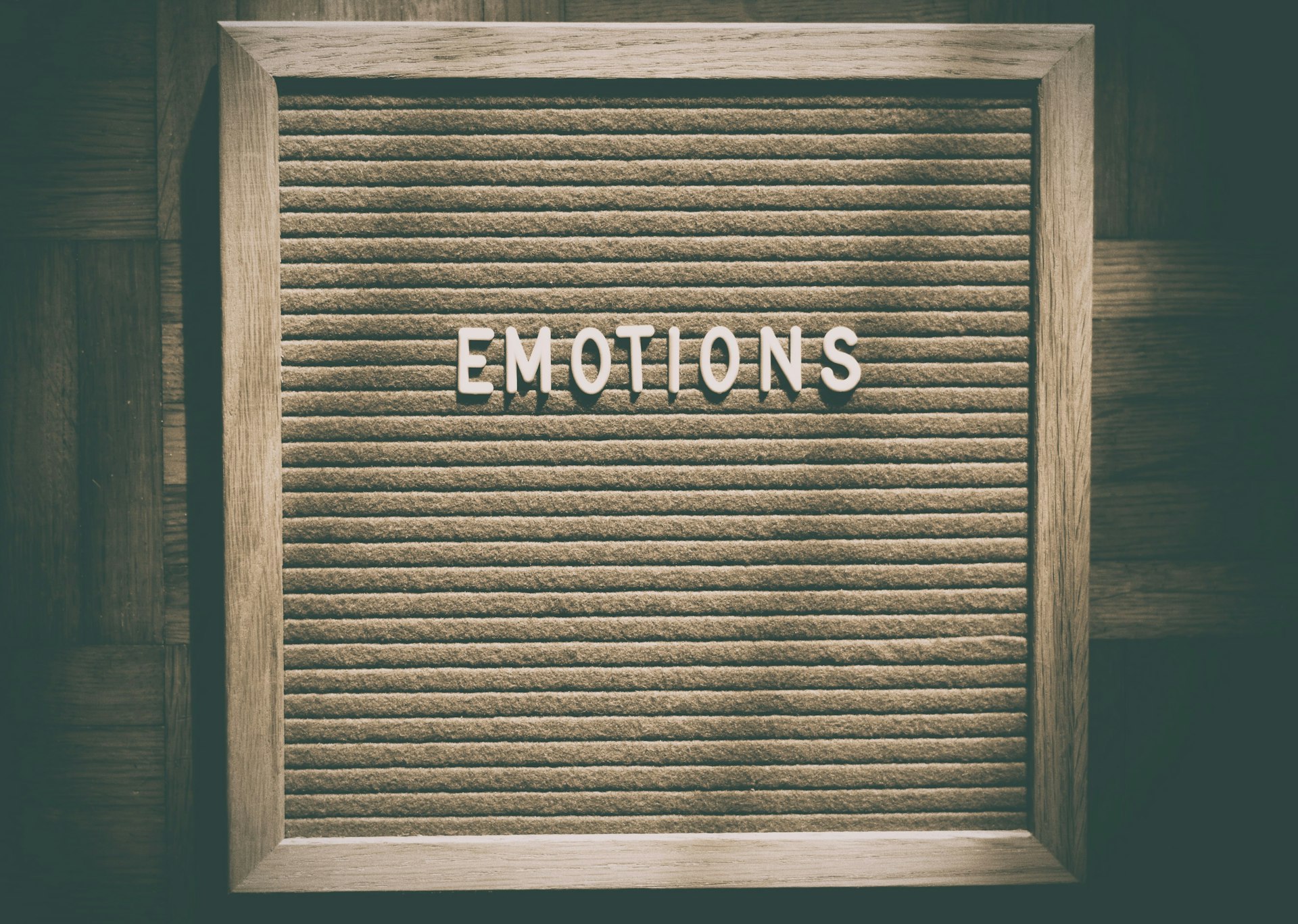How Music Shapes Lifestyle and Mood: Science, Benefits, and Practical Steps

Photo by Alexander Abero on Unsplash
Introduction: The Profound Influence of Music
Music is more than background noise-it is a dynamic force that can shape your mood, influence your behavior, and enhance your lifestyle. Scientific research confirms that music impacts emotional well-being, social connection, productivity, and even physical health. Understanding these effects can empower you to harness music as a tool for personal growth, stress relief, and improved quality of life [1] .
The Science Behind Music’s Effect on Mood
When you listen to music, your brain processes its elements-rhythm, melody, pitch, and harmony-within the limbic system, the center of emotions and feelings. This processing alters your psychological state, leading to mood changes that can be harnessed for positive outcomes [2] . For instance, uplifting music can promote happiness and energy, while calming melodies may reduce anxiety and stress.
Research demonstrates that music activates neurotransmitters such as dopamine and serotonin, which are directly linked to mood regulation. Dopamine brings feelings of pleasure, focus, and motivation, while serotonin affects anxiety, sleep, and pain perception. Engaging with music-whether listening, singing, or playing an instrument-can stimulate these neurotransmitters, resulting in improved emotional states [5] .
Music as a Tool for Stress Relief and Mental Health
Music is widely recognized as a therapeutic intervention for stress, anxiety, and depression. Studies show that music therapy can decrease agitation, reduce symptoms of depression, and promote relaxation in various populations, including those with dementia and Alzheimer’s disease [2] . One effective strategy is the Iso-principle: matching your current mood with music and then gradually transitioning to tracks that reflect your desired emotional state. For example, if you feel sad, start with somber music and slowly switch to more uplifting tunes to facilitate a positive mood shift [5] .
Music also triggers the release of oxytocin, the “love hormone,” which fosters trust and social bonding. This effect is especially pronounced during group musical activities like singing or playing in a band, highlighting the role of music in reducing loneliness and enhancing social well-being [1] .

Photo by morefun_boy on Unsplash
Physical Health Benefits and Bodily Responses
Beyond emotional effects, music exerts measurable influence on physical health. Listening to or making music can boost immune function by stimulating the production of immunoglobulin A and modulating hormone levels such as adrenaline and noradrenaline. These chemical reactions can increase alertness and excitement, or promote relaxation, depending on the type of music chosen [1] .
However, not all music has calming effects. High-tempo or aggressive music can raise adrenaline and reduce impulse control, particularly in teenagers, potentially leading to riskier behaviors [3] . Conversely, gentle, rhythmic music can help lower stress hormones like cortisol, contributing to reduced anxiety and better sleep quality [5] .
Practical Strategies: Using Music to Enhance Your Lifestyle
To leverage the benefits of music, consider these evidence-based approaches:
- Curate personalized playlists that match your emotional needs. Use upbeat music to energize your mornings or calming tracks to wind down in the evenings.
- Use the Iso-principle by starting with music that reflects your current mood and gradually transitioning to songs that represent how you want to feel [5] .
- Engage in active music-making , such as singing, playing an instrument, or joining community music groups, to boost oxytocin and foster social connection [1] .
- Incorporate music into exercise routines . Up-tempo music can enhance motivation and endurance during workouts by triggering the release of dopamine and adrenaline [3] .
- Practice mindful listening by focusing on the sounds, lyrics, and emotions in the music, which can serve as a form of meditation and stress relief.
If you are interested in formal music therapy for mental health support, consult healthcare professionals or search for “licensed music therapists” through the American Music Therapy Association or similar organizations. Many hospitals and wellness centers offer music therapy as part of their holistic treatment programs. If you cannot access these services locally, look for online resources or telehealth options-searching for “virtual music therapy” or “online music therapy sessions” can help you find credible providers.
Case Studies and Real-World Examples
Consider the example of athletes who rely on motivational playlists to boost performance. Scientific studies confirm that music can increase endurance, enhance focus, and reduce perceived exertion during exercise. Similarly, students often use instrumental music to foster concentration and creativity during study sessions [3] .
In clinical settings, patients with anxiety or depression have reported reduced symptoms after participating in music therapy sessions. Group singing has been shown to improve mood and foster a sense of belonging among participants, particularly in senior centers and community organizations [2] .
Potential Challenges and Solutions
While music can be a powerful tool, it is important to recognize that individual preferences and sensitivities vary. Some people may find certain genres or volumes overstimulating or distressing. If you notice negative changes in mood or behavior related to music, consider adjusting your playlists or experimenting with different genres and tempos.
Parents and caregivers should be aware of the potential for high-tempo or aggressive music to influence risk-taking behavior, especially among adolescents. Open discussions about music choices and their effects can help mitigate these risks [3] .
Alternative Approaches to Music-Based Well-Being
If traditional music listening does not yield desired results, explore alternative approaches such as:
- Participating in community drumming circles or choir groups for enhanced social interaction.
- Practicing music-assisted relaxation, such as guided imagery or progressive muscle relaxation with music.
- Exploring diverse musical styles to find what resonates best with your emotional and physical needs.
For those interested in further research, academic databases like PubMed and organizations such as the American Music Therapy Association provide up-to-date studies and resources. If you wish to explore music’s role in wellness, search for “music and mental health research” or “music therapy case studies” through reputable academic or healthcare sources.
Summary: Empowering Your Life Through Music
Music has a measurable and lasting impact on mood, lifestyle, and health. By understanding and intentionally applying the principles outlined above, you can use music as a daily tool for stress relief, emotional balance, motivation, and social connection. Whether you choose to listen, create, or share music, the key is to make it a mindful and purposeful part of your routine.
References
- [1] Save The Music Foundation (2023). How Does Music Affect Society?
- [2] National Center for Biotechnology Information (2009). The theory of music, mood and movement to improve health outcomes.
- [3] The Urban Music Scene (2025). How Music Affects the Brain: 15 Real-Life Scenarios Explained.
- [4] National Center for Biotechnology Information (2021). Music, mental health, and immunity.
- [5] The Medical Health Group (2022). How Music Affects Your Mind, Mood and Body.
MORE FROM mumsearch.com













